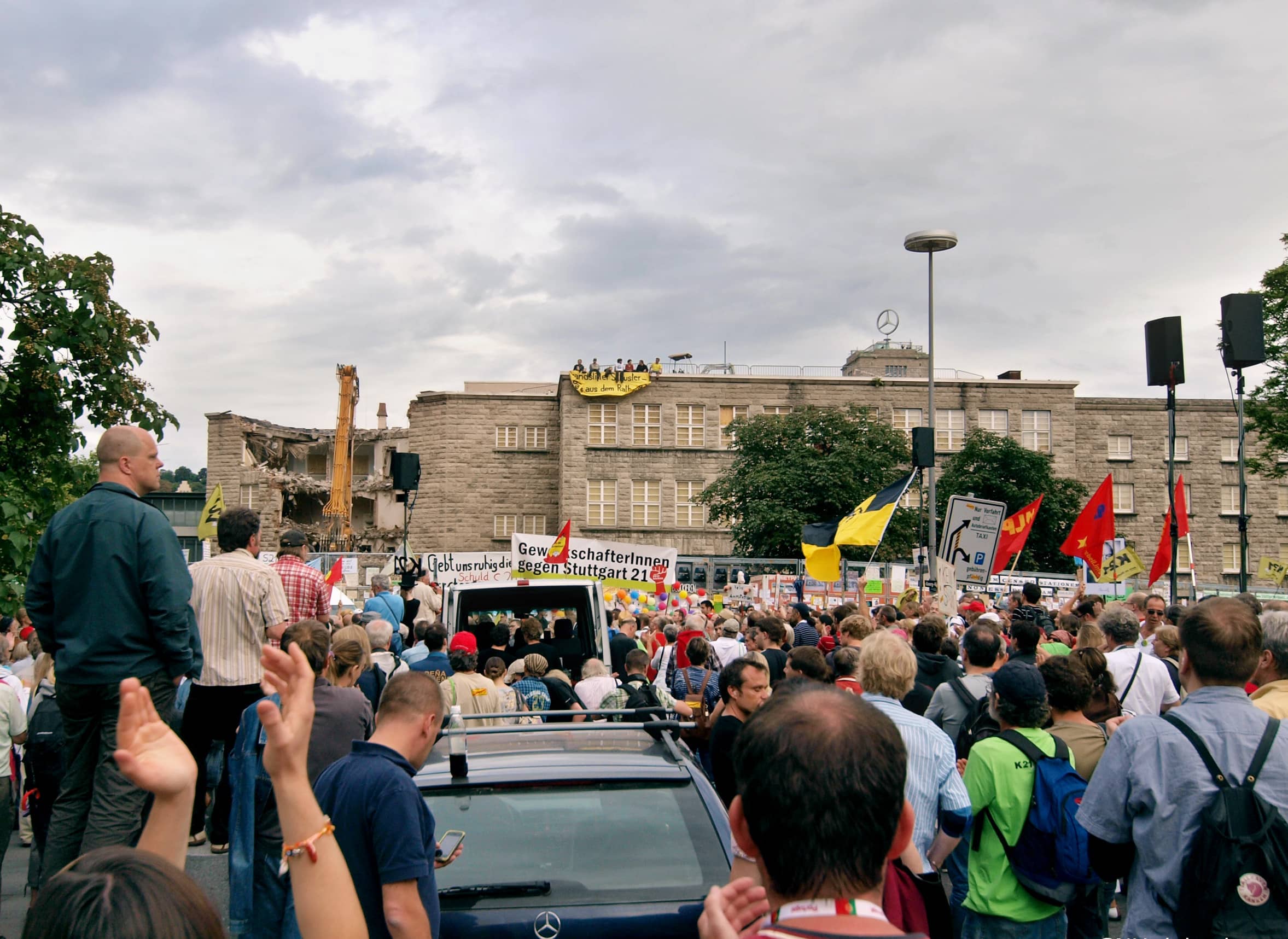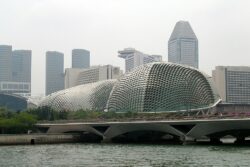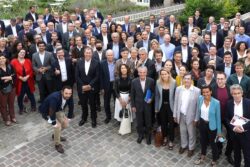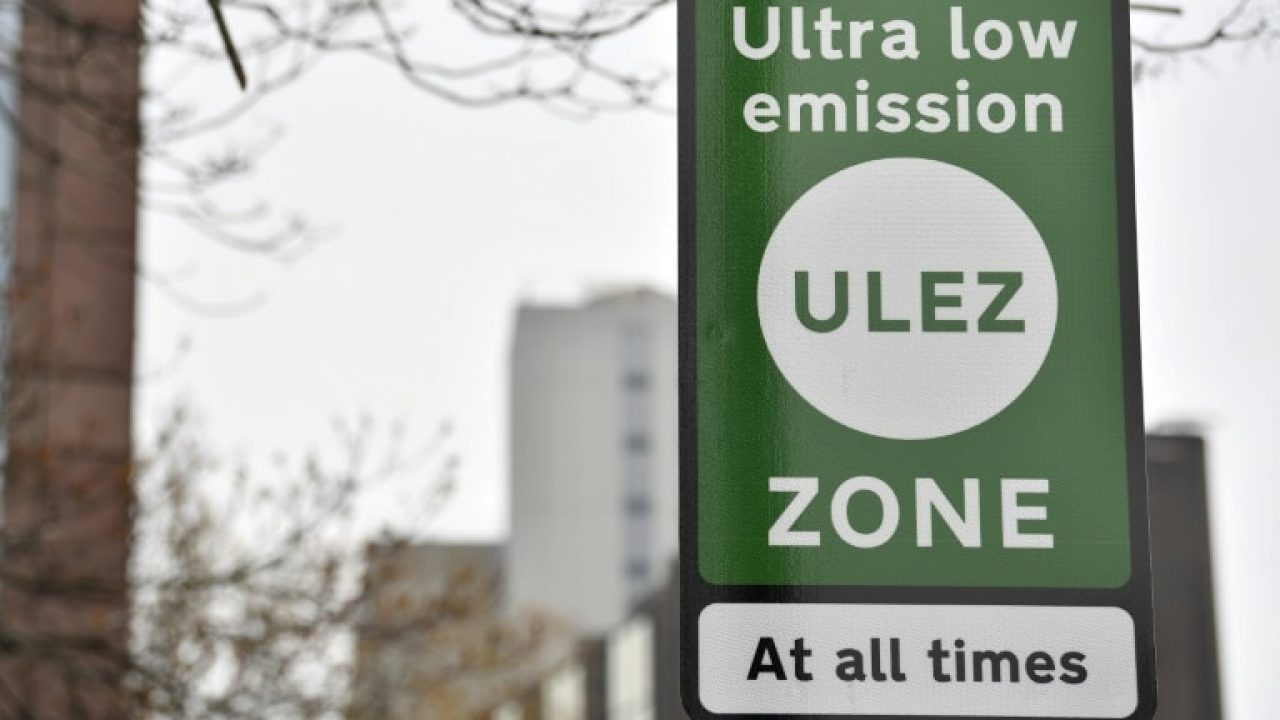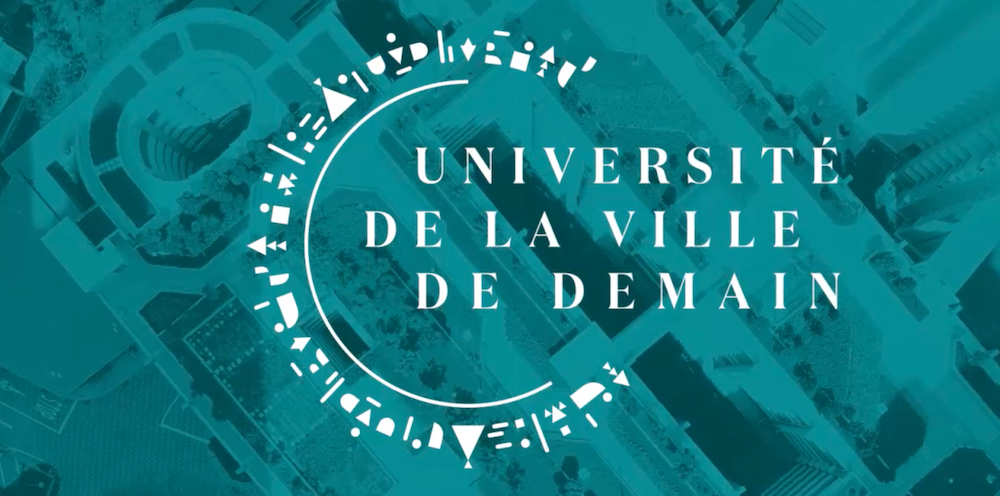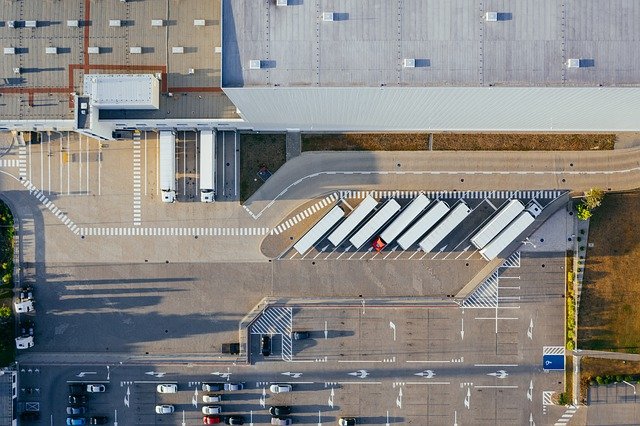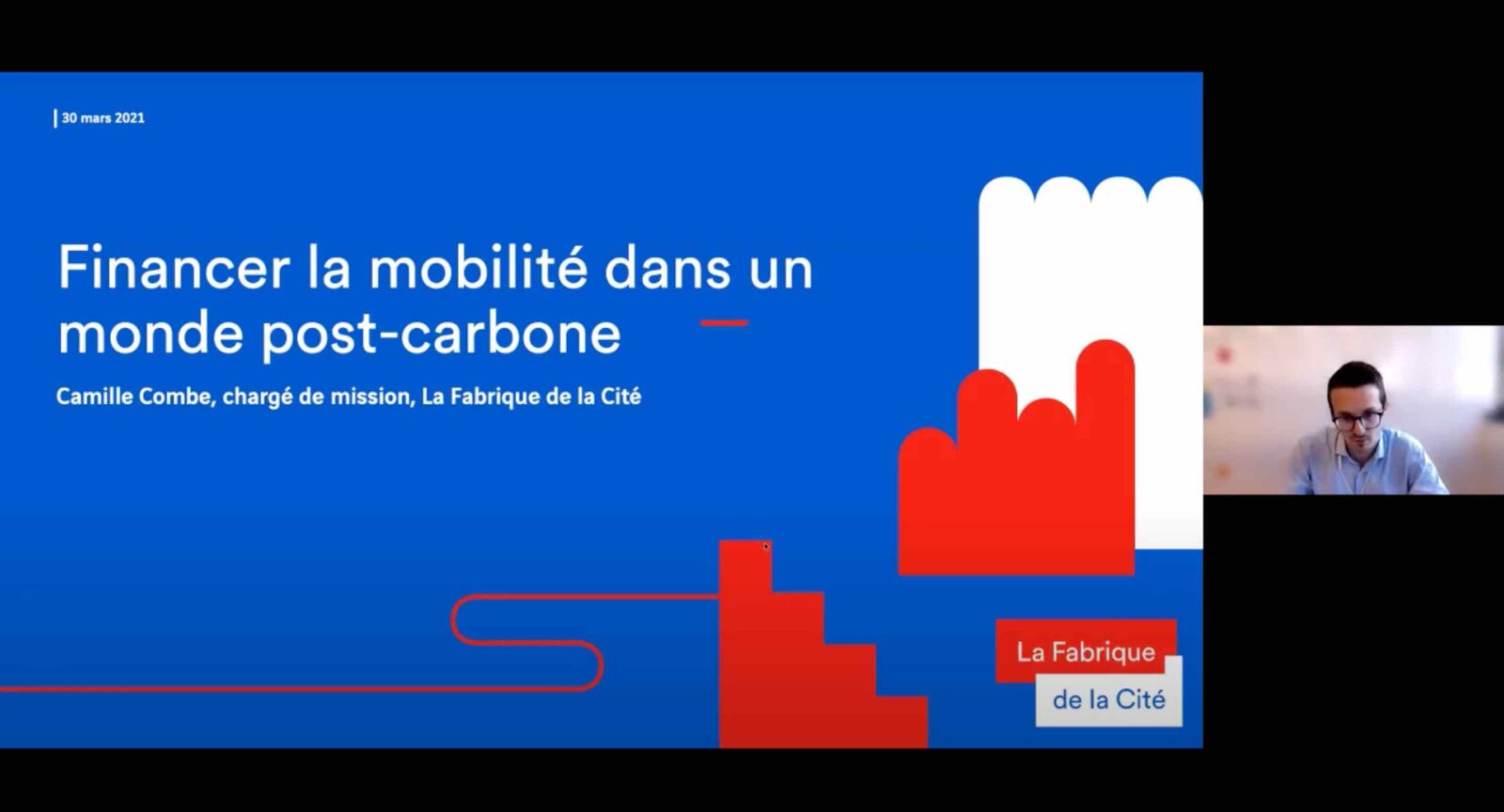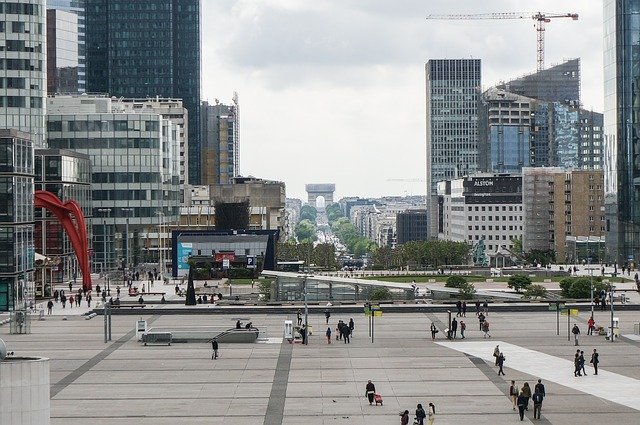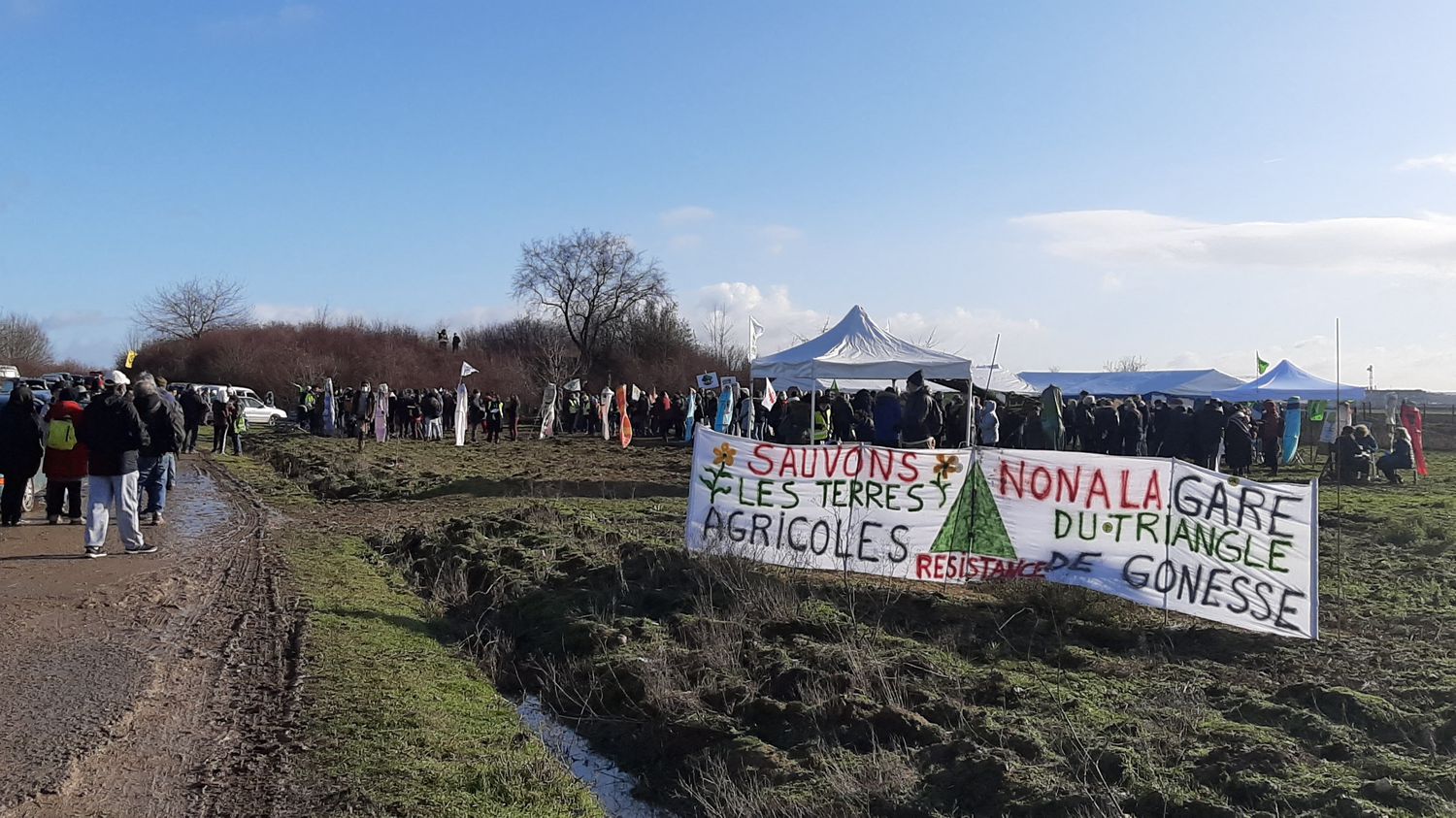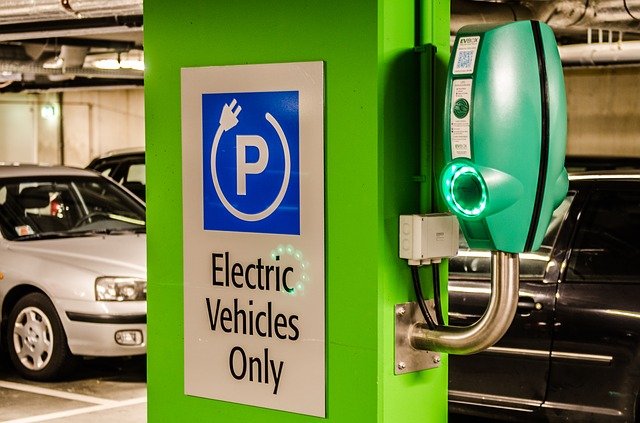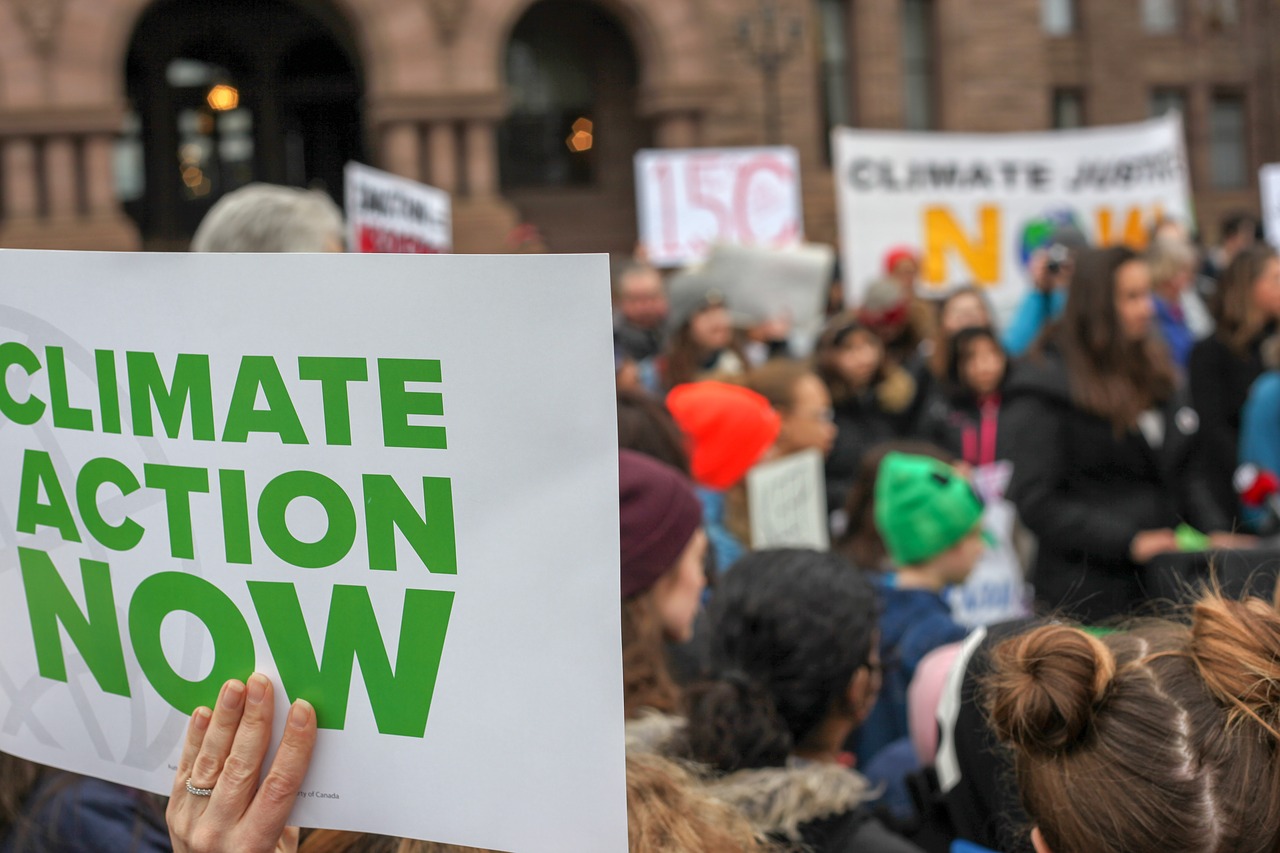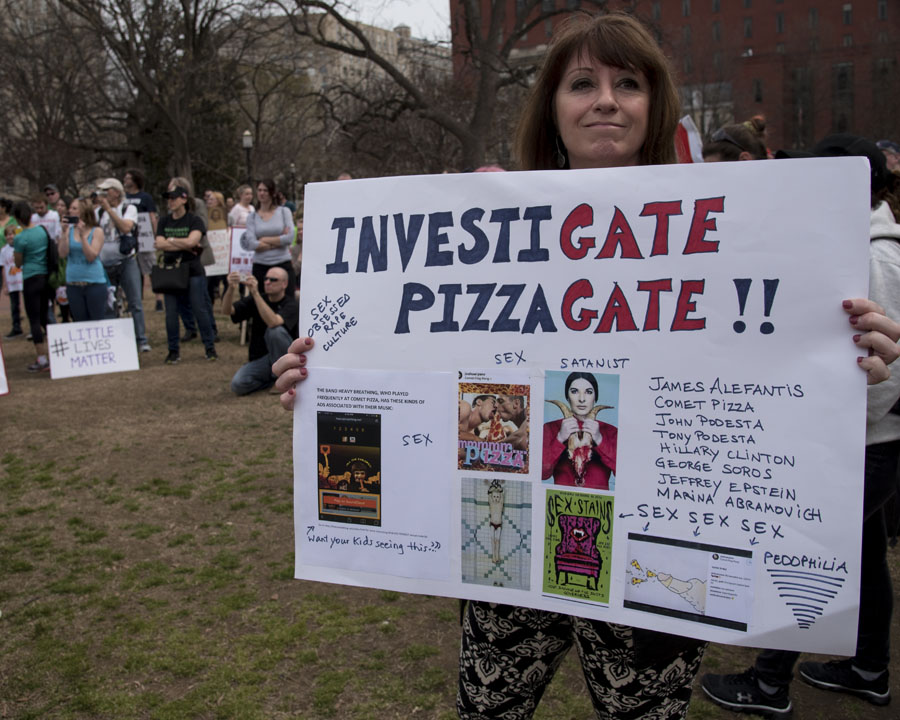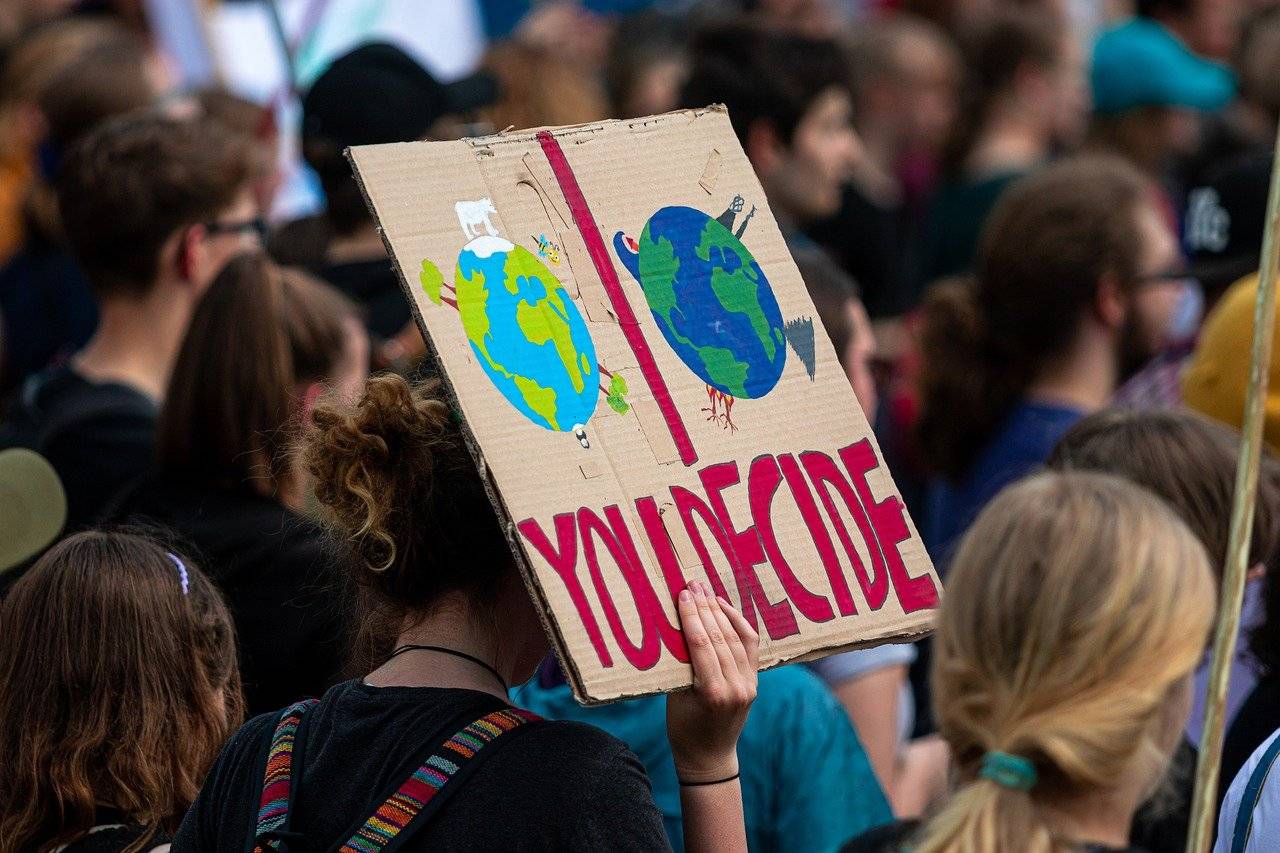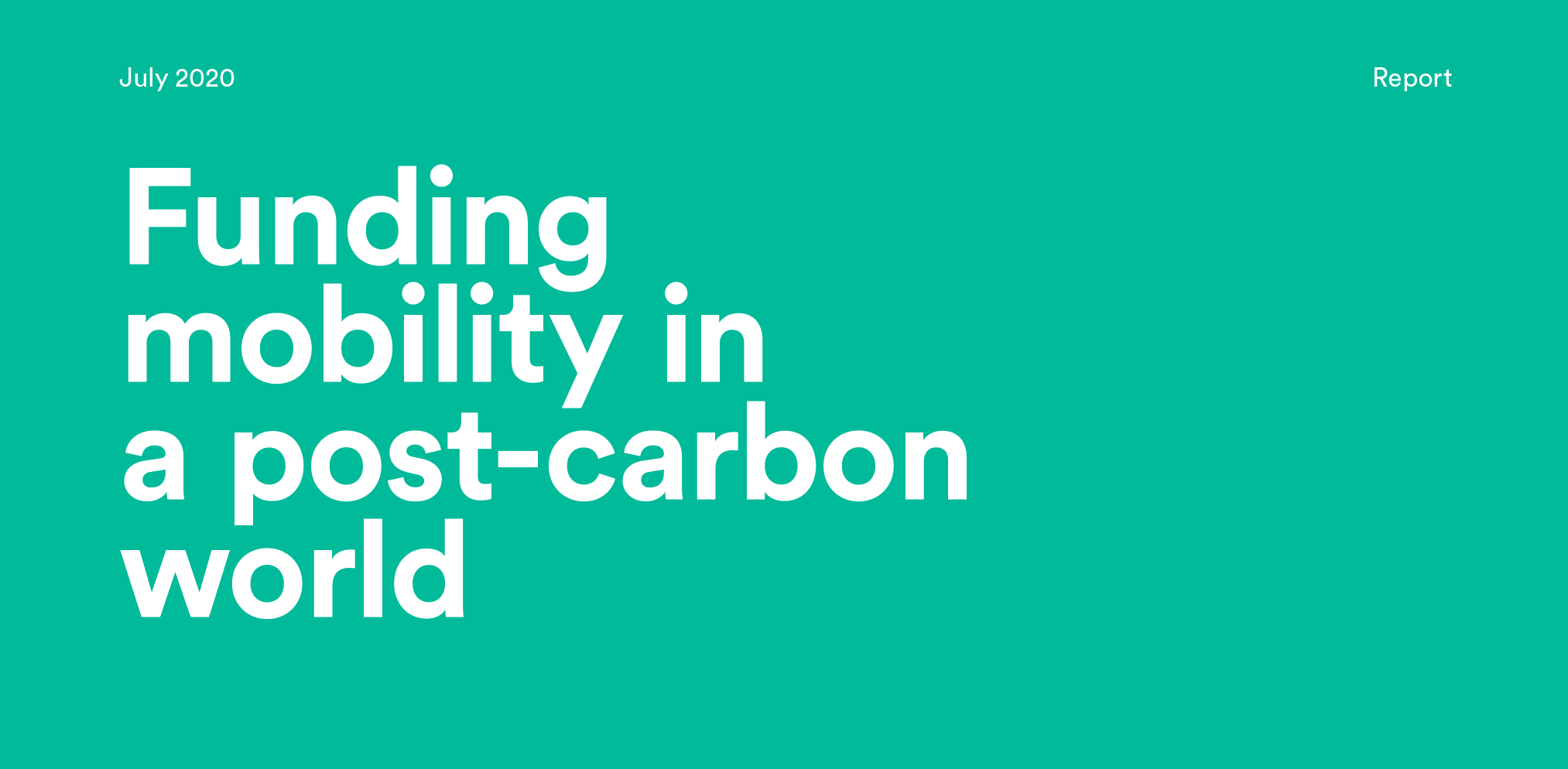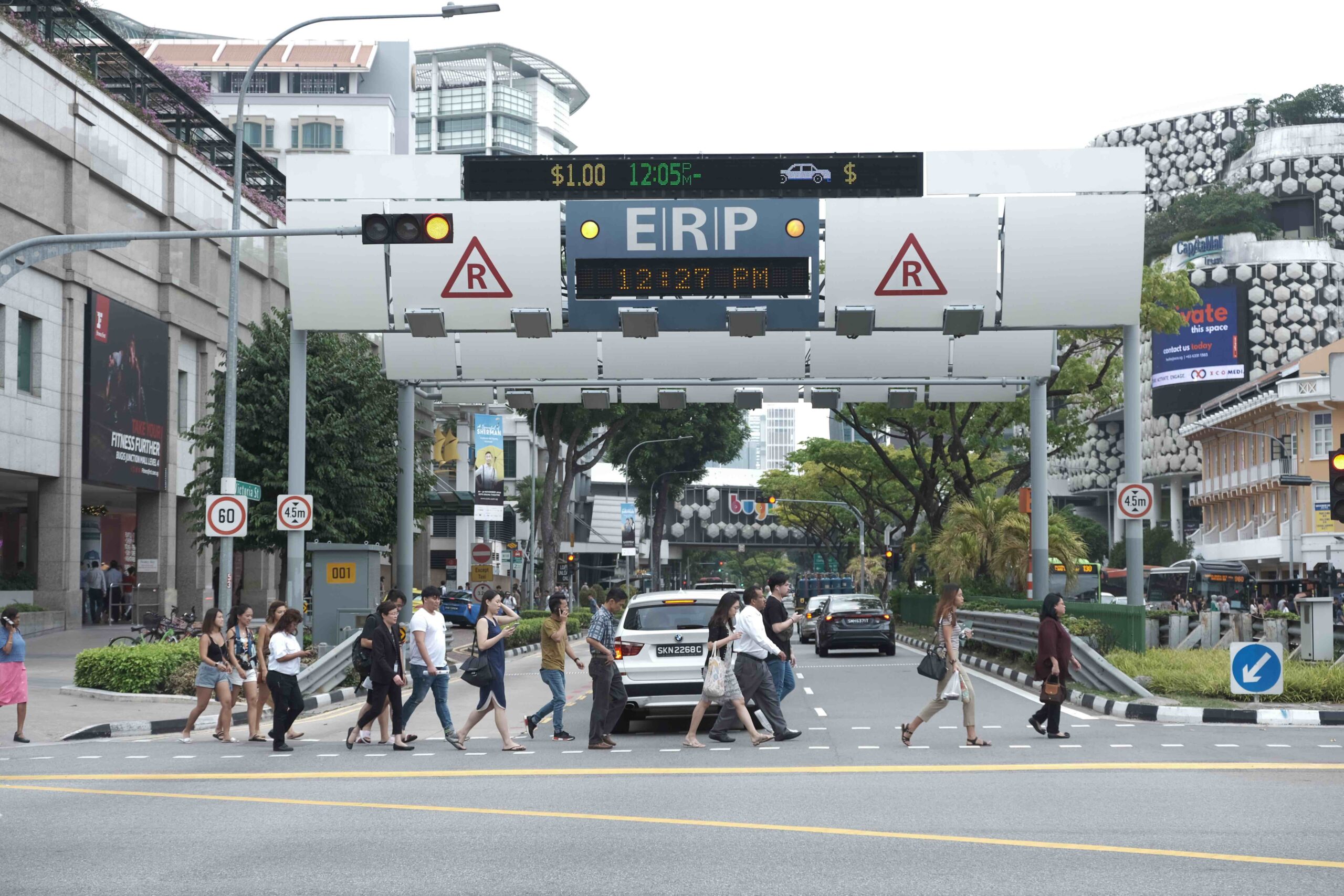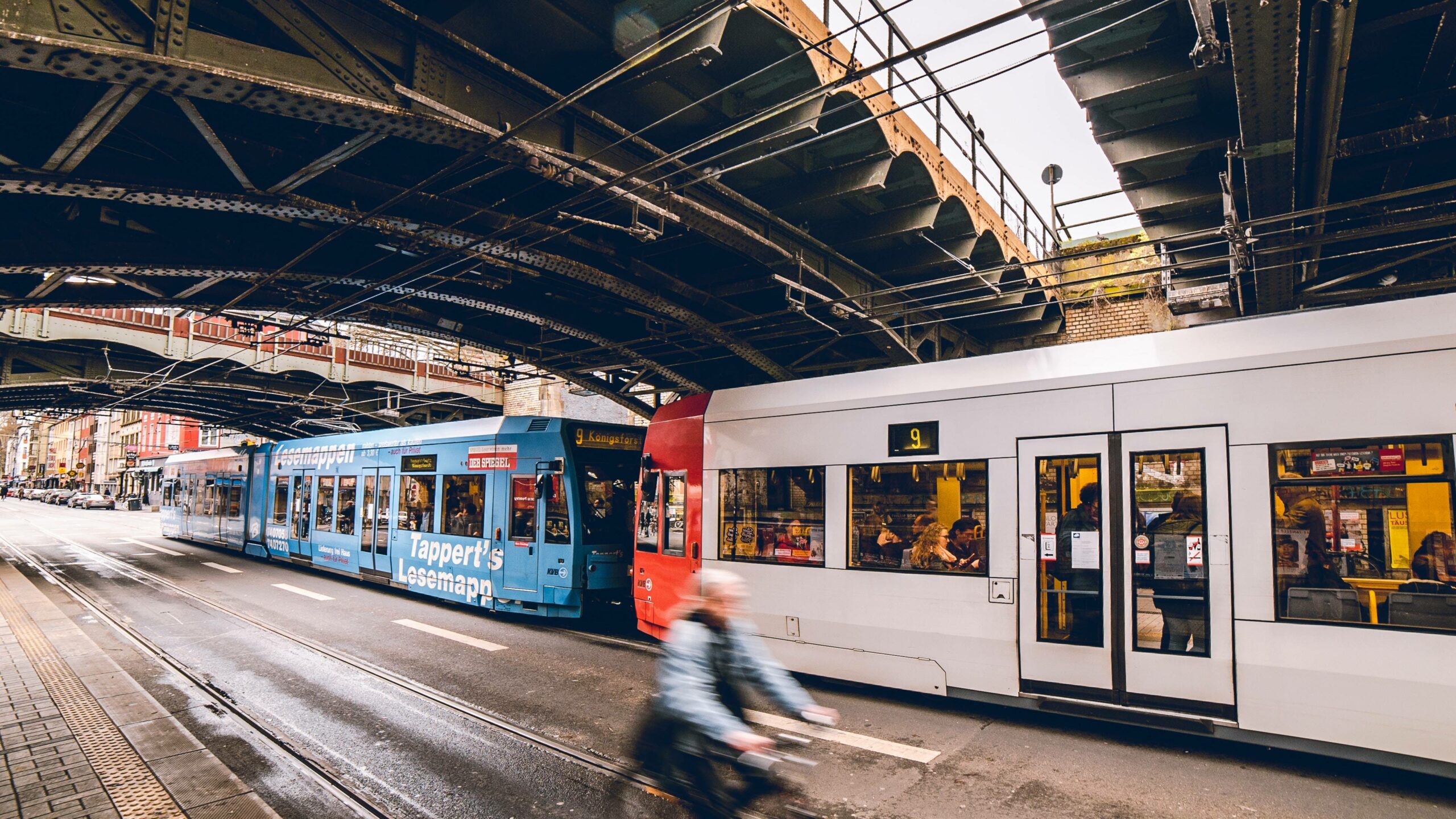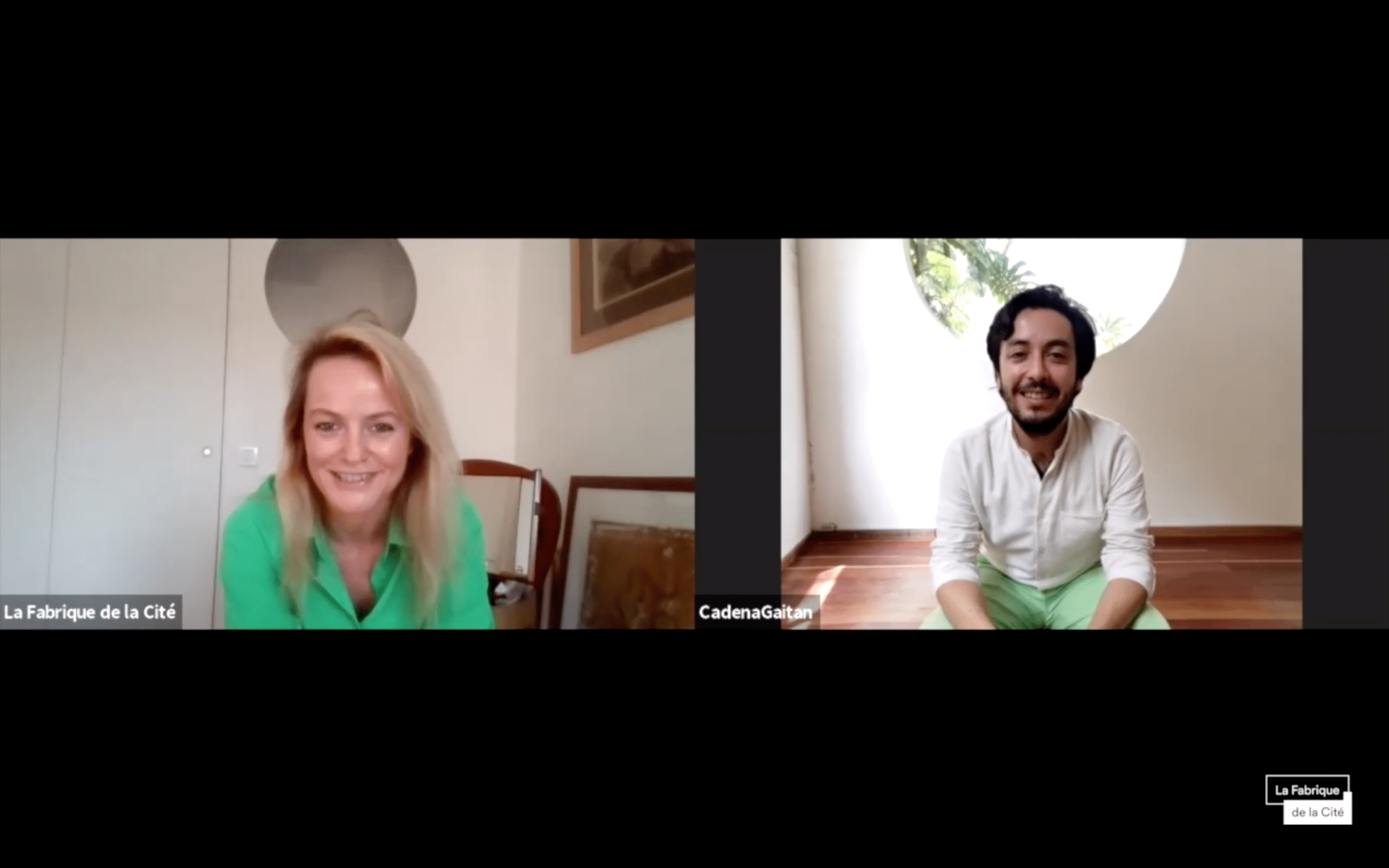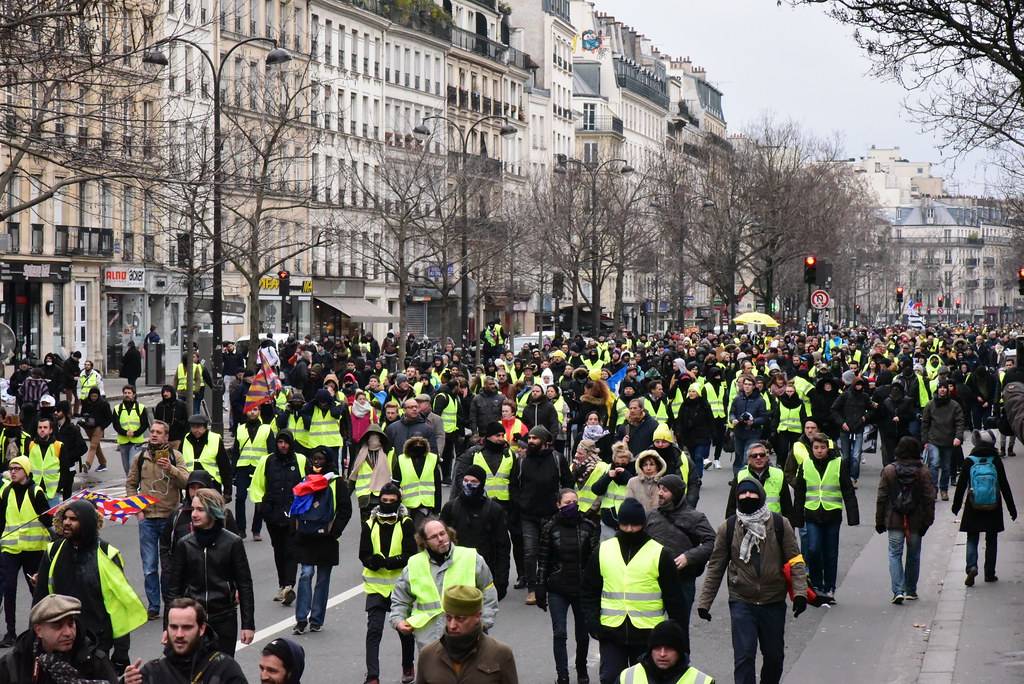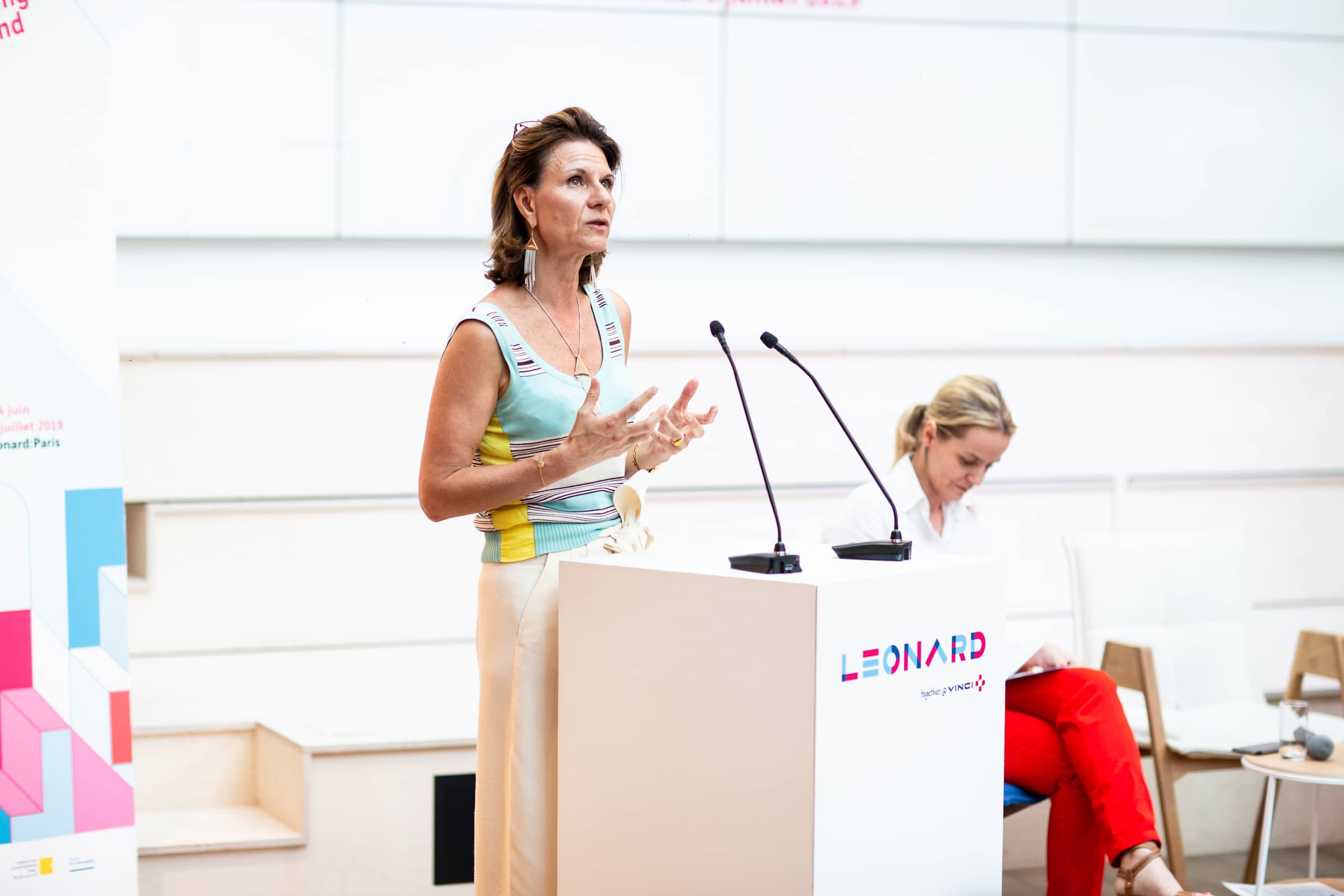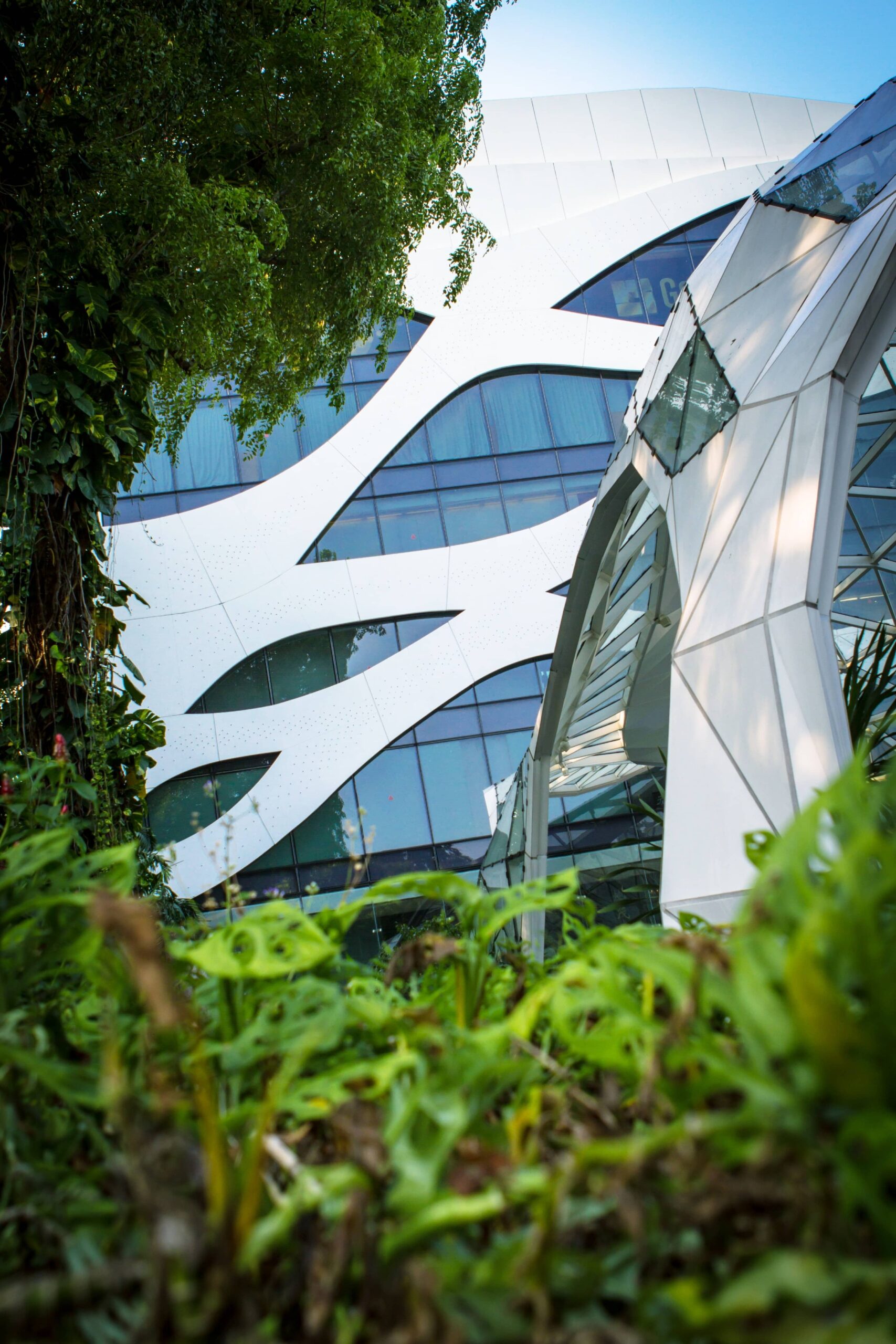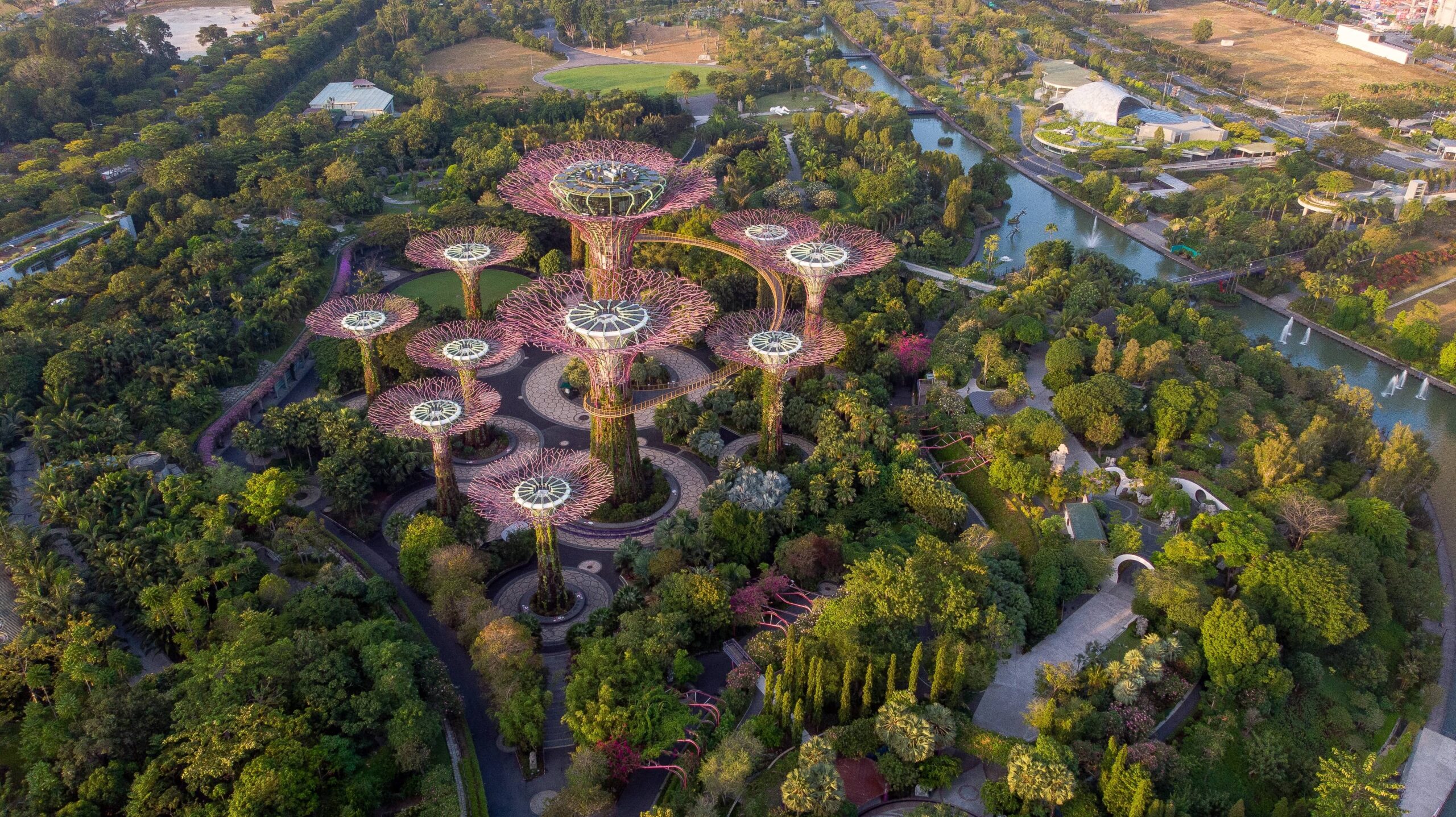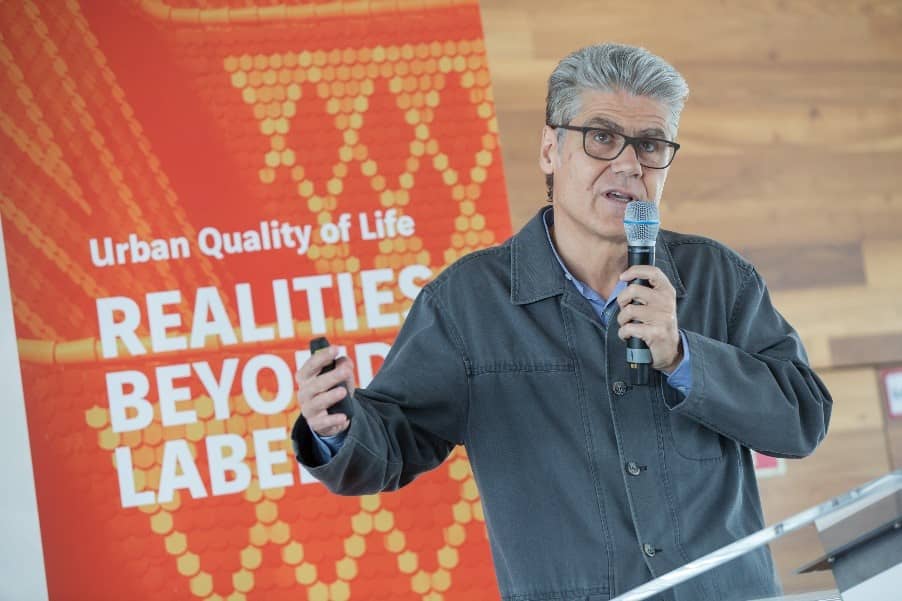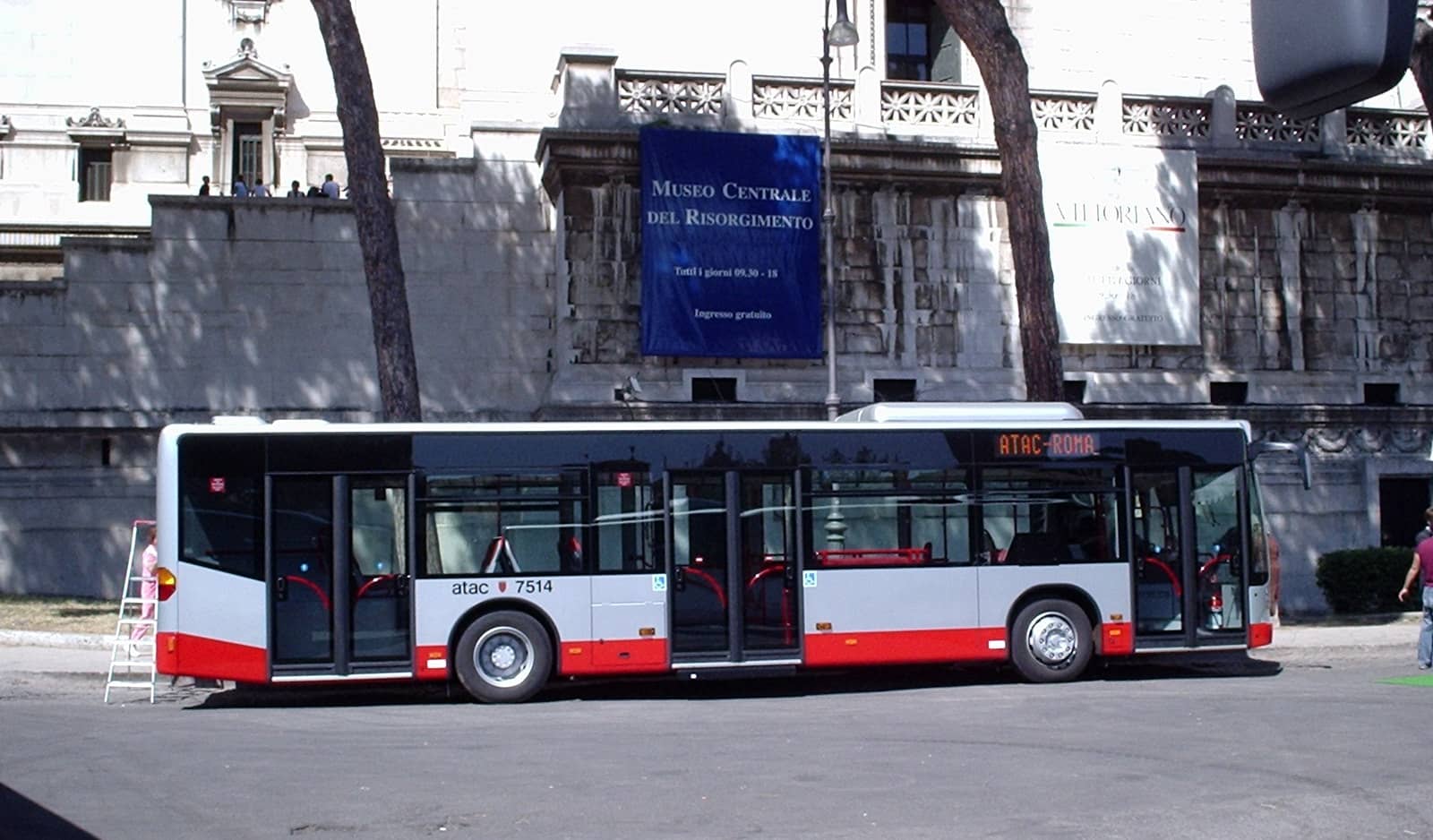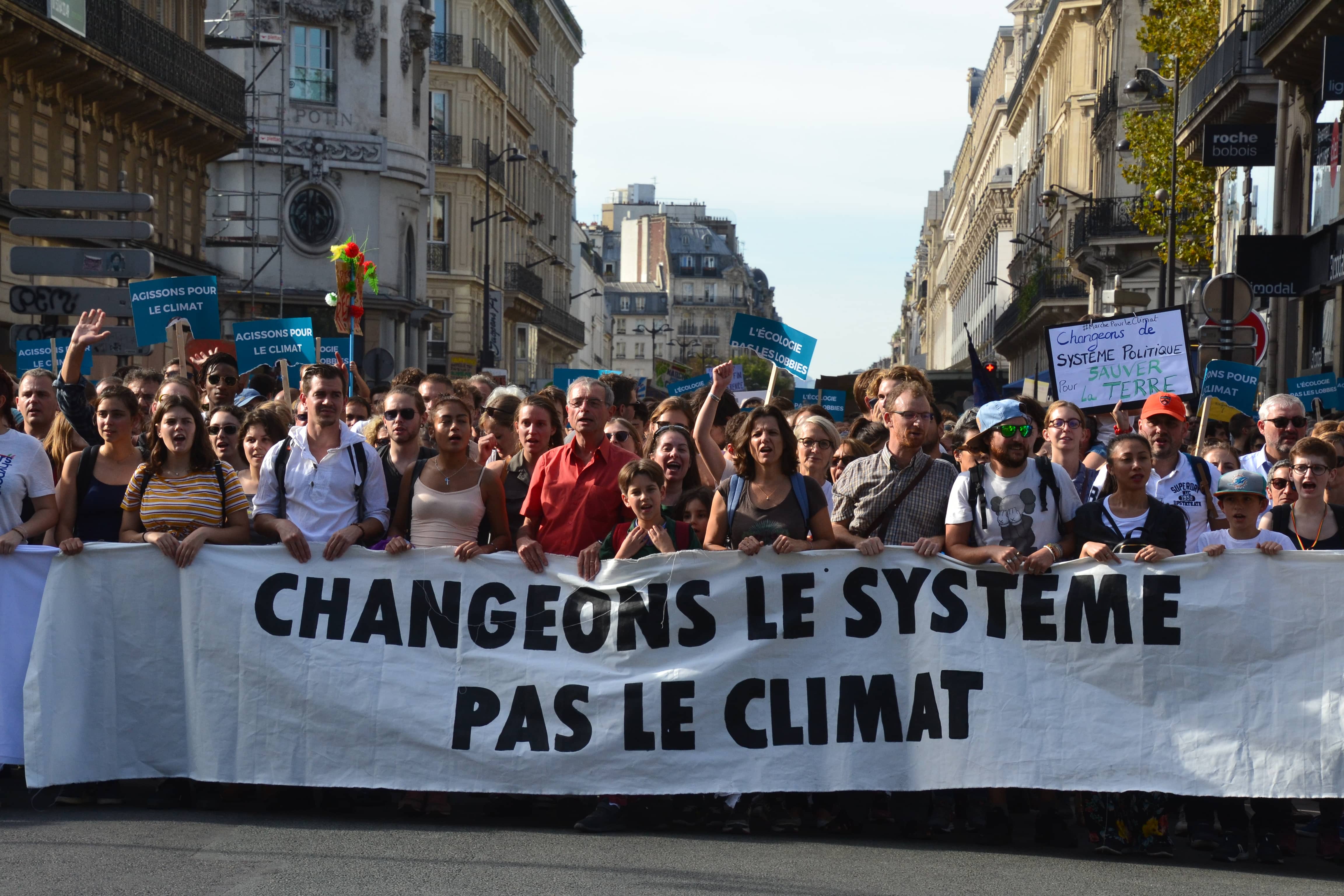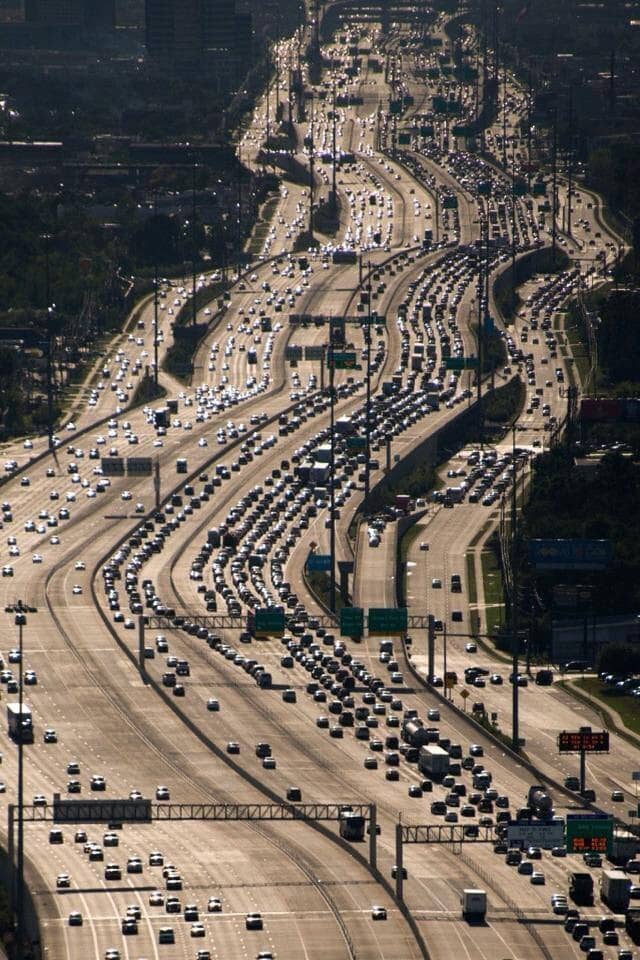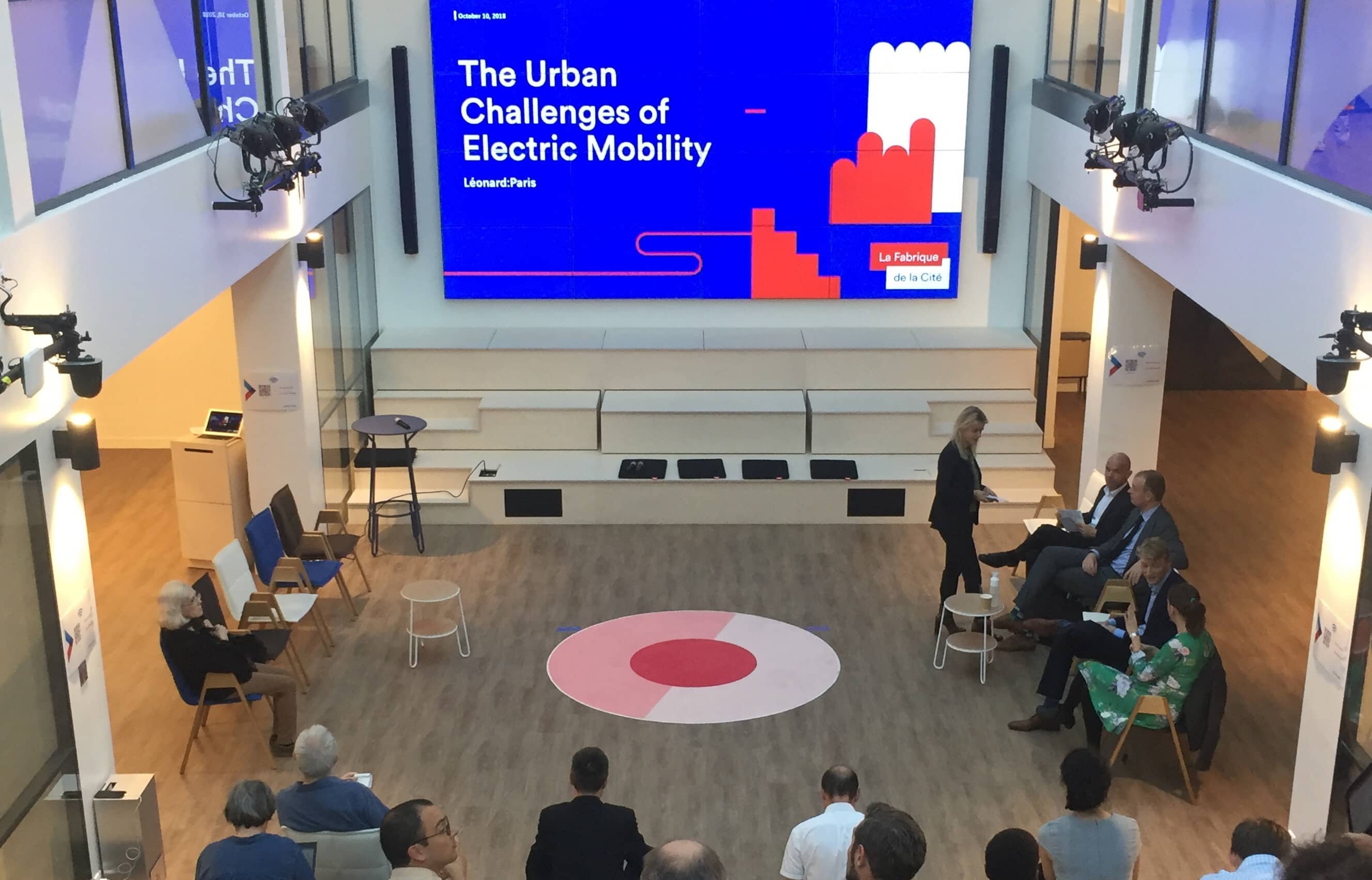

What response can private stakeholders provide to the crisis of consensus? The point of view of Xavier Huillard, CEO of the VINCI Group
After the Second World War, there was a broad consensus with regard to the need to launch major infrastructure work to modernise France. The state was considered as legitimate in declaring the utility of these major projects and in embarking upon their implementation. Such is no longer the case today, as the need for infrastructure has for the most part been fulfilled, and the state’s legitimacy is suffering from the fragmentation of urban planning stakeholders. Against a general backdrop of democratic crisis and a widespread awareness of environmental urgency, is it still possible to conduct large-scale infrastructure projects? Can we still reach a consensus with regard to their utility? When discussing the crisis of consensus, the finger is often pointed at corporate actors. One example of this is the recent adoption of the French PACTE law, which enshrines the principles of corporate environmental and social responsibility into the French Civil Code. Private stakeholders are now viewed, at best, as separate from the general interest and, at worst, as a threat to it. La Fabrique de la Cité interviewed Xavier Huillard, Chairman and CEO of the VINCI Group and Chairman of the Institut de l’entreprise from 2011 to 2017, regarding the responses that private stakeholders such as VINCI can now provide to the crisis of consensus and the conditions of conducting major projects.
La Fabrique de la Cité: What are the responses that a significant stakeholder of large infrastructure projects concerning the city of the future, the energy transition, construction and concessions can provide to this crisis of consensus? How can we ensure that these projects will take shape?
Xavier Huillard: Our perception of sustainable development issues has changed considerably over the last fifteen years. We used to consider them as something outside the economic sphere in which we felt legitimate. This is no longer the case today: most companies, and VINCI in particular, are deeply convinced that, if they are to last, they must make collective progress on sustainable development and environmental issues.
Moreover, although we are talking about large-scale projects today, the reality is that disagreements are gradually starting to concern increasingly modest topics and projects. I was struck recently as I saw farmers opposed to plans for a solar farm. Stakeholders in the agricultural sector often believe that they should have priority, while those working in the environmental sector, by all accounts, rightly believe that the planet cannot be saved by destroying nature. The extension of opposition to everyday projects means that we must find a solution because we must work on mobility, to rebuild the city over the city.
“Most companies, and VINCI in particular, are deeply convinced that, if they are to last, they must make collective progress on sustainable development and environmental issues”.
The second thing I would like to say is that we often talk about sensitive issues: the western bypass of Strasbourg, Notre-Dame-des-Landes airport, power lines that are increasingly difficult to install, which is becoming a real problem in Germany. At the same time, we are not talking about all the projects that manage to find their place without any particularly fierce opposition which could endanger their implementation. We must remember that, in recent years, France has installed several hundred kilometres of linear infrastructure and high-speed lines, with very little opposition. Why is that? Because we have understood that the best way to allow these major projects to progress is to be open and foster dialogue and consultation, not in Paris, not in my office, but locally. During the construction of the Tours-Bordeaux high-speed line, we had teams of several hundred people present across the 330 kilometres of the infrastructure who were there for that sole purpose. These projects do move forward despite a certain number of difficulties. Yes, certain plans for highly iconic infrastructure have clearly ended in failure, but we are not talking about all the other projects which are sometimes extraordinarily impactful, that are conducted without any significant opposition. Our work is not just about being able to build tunnels, engineering structures, roadways, and buildings. Our work, on-site, is to create the conditions required to ensure that the project entrusted to us can be conducted successfully, to try to build up sufficient local consensus for the project to continue to prosper. I believe there are three necessary conditions.
“Our work, on-site, is to create the conditions required to ensure that the project entrusted to us can be conducted successfully”.
The first condition is decentralisation. The Notre-Dame-des-Landes project was designed forty years ago, in a different paradigm. It should have been adapted in line with the paradigm we are living in today. This concept of time is of great importance. The fact that the discontinuation of the Notre-Dame-des-Landes project was announced in front of the Prime Minister’s office was a key mistake. Why is this? Because projects must be supported locally by opinion leaders, politicians and associations and the debate with regard to their collective utility must be held on a local level. The discontinuation of Notre-Dame-des-Landes should have been announced from there. It is easier to build a consensus locally, due to a kind of affectio societatis inhabitants feel in relation to their region, than nationally. Fostering support for projects on a local level does not require additional texts, it requires a decentralisation which places trust in the people who live in these local areas and who know better than us what is good or bad for these areas. They know better than us how to achieve a local consensus.
The second condition is to find the time and the courage to launch consultations at a time when the project still enjoys great leeway, room for negotiation and creativity, and not at a time when the project is already set in stone. How can we expect people to look kindly upon the consultation process in any other circumstances? Much time is therefore needed, possibly years if necessary: what the Swedish did with the project for the deep geological storage of nuclear waste is a prime example. You have to take a lot of time to organise discussions, dialogue and consultation on a local level, at a time when the scope for alterations is sufficient to take on good ideas, insights that we had not seen, so that people really feel that the consultation process has been useful.
The third condition is as follows: once these last two conditions have been fulfilled, there is no room for doubts or hesitations, as these would be used by residual pockets of opposition to argue that there is still time to block the project.
It is therefore essential to change our operating method through decentralisation and to use local stakeholders to foster support by organising local consultations and taking the time for this negotiation process, and then move forward without hesitating.
These other publications may also be of interest to you:
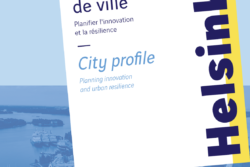
Helsinki : Planning innovation and urban resilience

A warm tomorrow
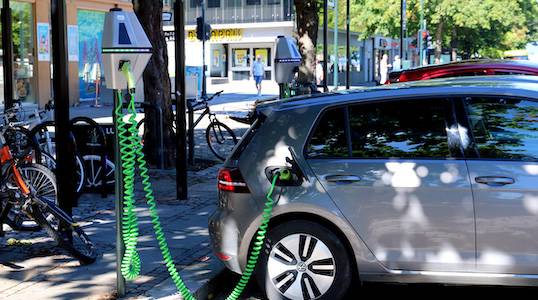
Funding mobility in a post-carbon world

Toronto: How far can the city go?

Nature in the city

Inventing the future of urban highways
“Dig, baby, dig”
La Fabrique de la Cité
La Fabrique de la Cité is a think tank dedicated to urban foresight, created by the VINCI group, its sponsor, in 2010. La Fabrique de la Cité acts as a forum where urban stakeholders, whether French or international, collaborate to bring forth new ways of building and rebuilding cities.















